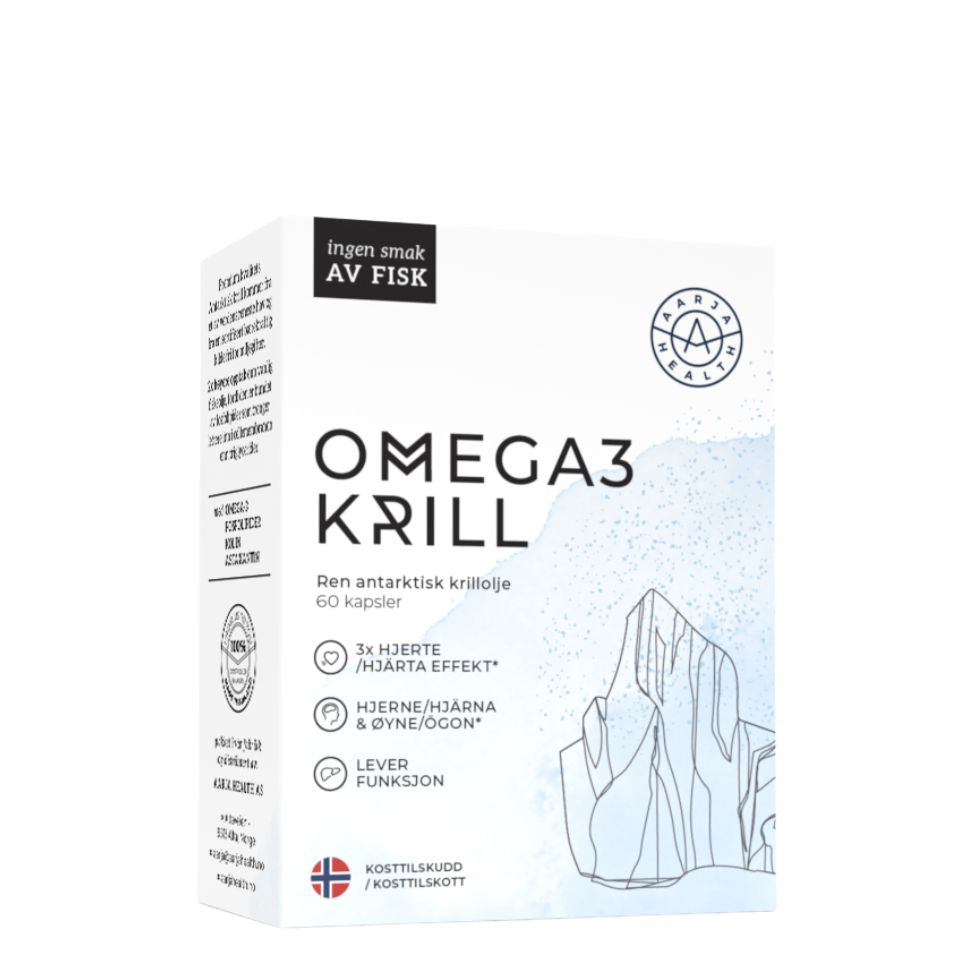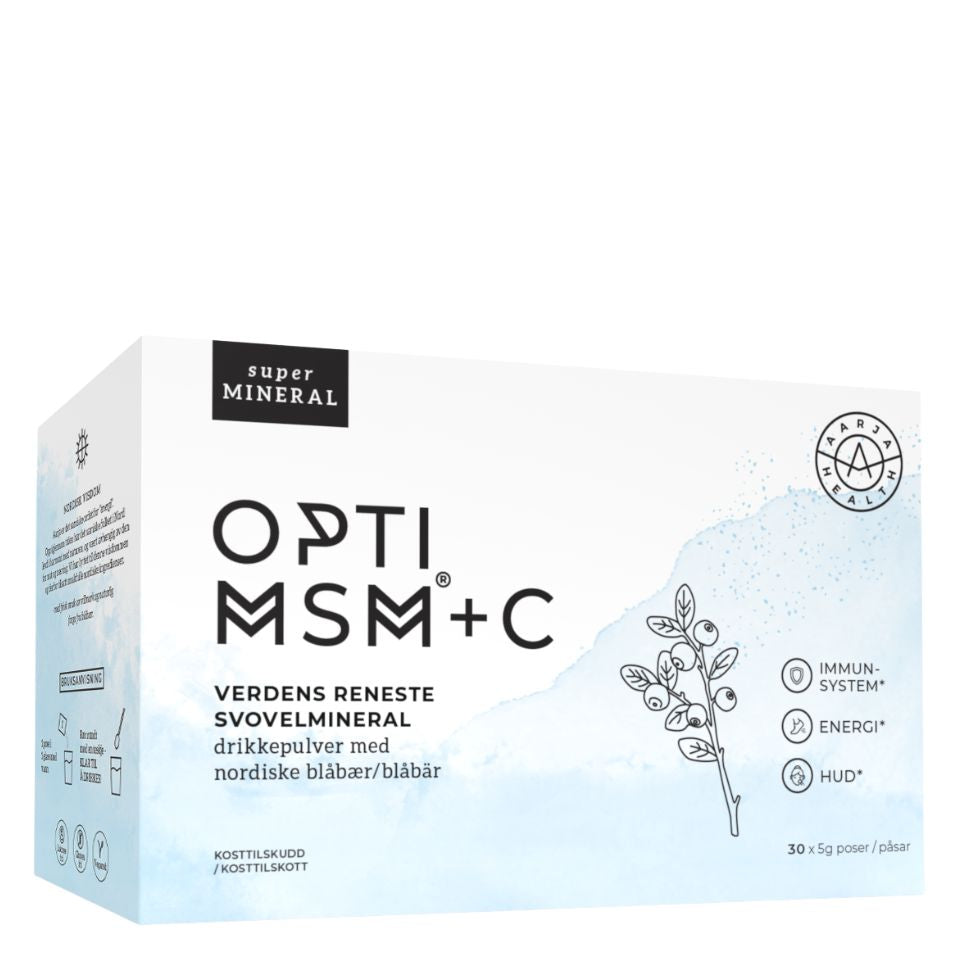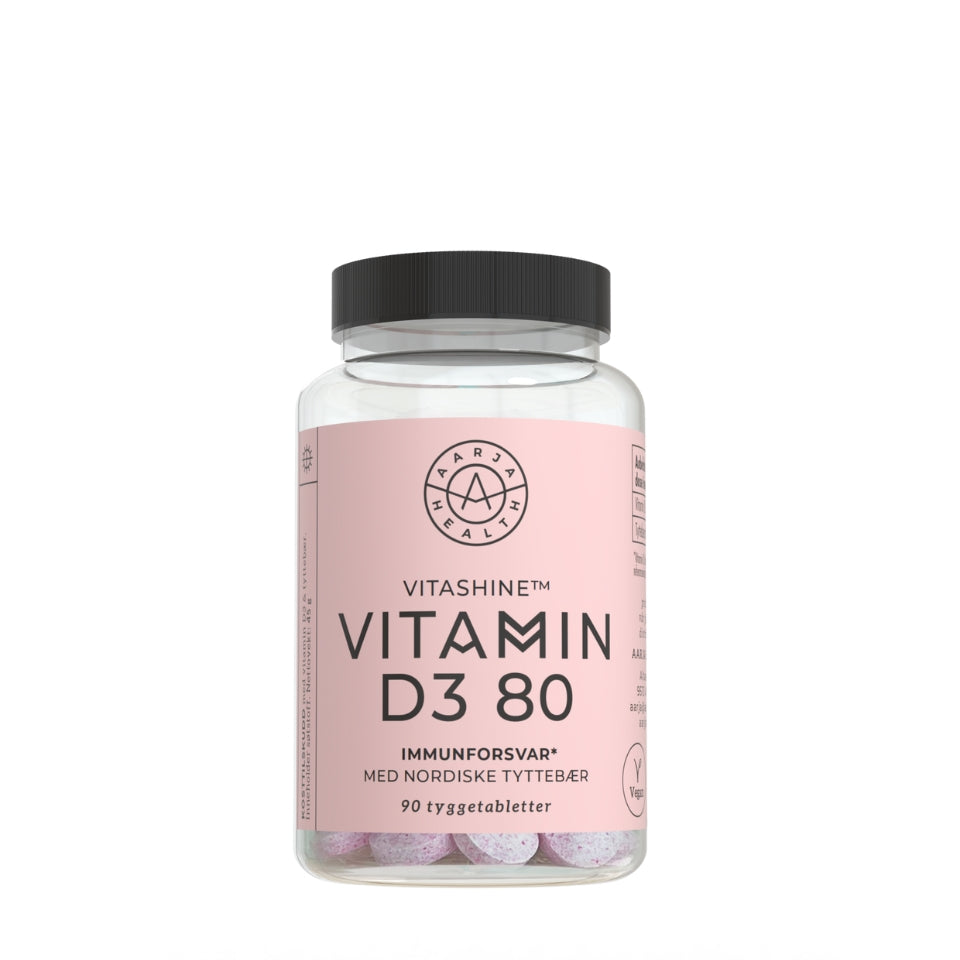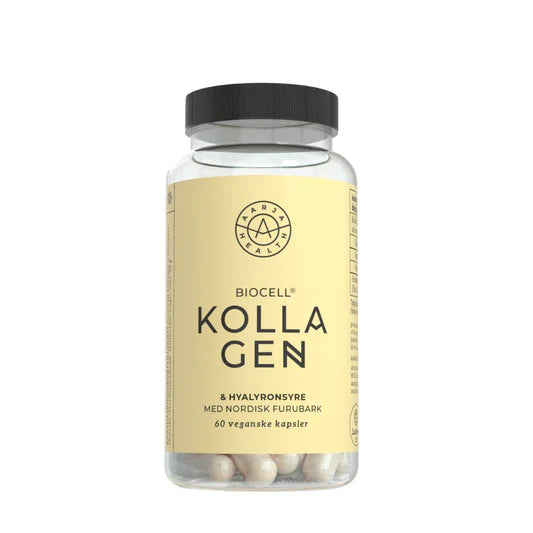
Facts About Vitamin D
Vitamin D is an important vitamin for the function of the immune system. Everyone should make sure they get enough vitamin D, especially during the winter when there is less sunlight. Aarja Health ambassador, Finnish baseball player and clinical nutrition student Janette Lepistö gathered some facts about vitamin D and its effects on immune function below.
Immunity is a complex system and its main task is to protect humans against pathogens. The immune system can be divided into innate, i.e. congenital and inherited, and acquired, i.e. through encounter with pathogens or vaccines. An adequate intake of energy and nutrients can support the normal functioning of the immune system, as the nutrients also provide building blocks for the cells of the defense system. A limited energy intake increases the risk of disease and weakens the immune system, as does a too low intake of protein and essential fatty acids. Of the dietary composition, the effects of vitamins C, D and zinc on susceptibility to infection have been studied the most.
Vitamin D is a fat-soluble vitamin that is formed on the skin by the sun's UVB radiation. In the summer, up to 250 micrograms of vitamin D can be formed during twenty minutes of outdoor activity! Due to Finland's northern location, there is not enough UVB radiation from October to March, so it is good to pay attention to sufficient vitamin D intake during the winter months. The best sources of vitamin D in the diet are fish food and dairy products and spreads that have vitamin D added. The recommended intake of vitamin D for people aged 2-74 years is 10 µg/day and for people over 75 years 20 µg/day. If you do not eat food products containing vitamin D daily or fish 2-3 times a week, the intake of vitamin D from the diet may be insufficient during the winter and it may be necessary to use a vitamin D supplement during the dark season.
RECOMMENDED INTAKE AND EFFECTS OF VITAMIN D
Vitamin D's storage form is calcidiol, whose blood content describes whether vitamin D intake is sufficient. The optimal serum vitamin D level for good health is 80-100 nmol/l, but athletes may benefit from vitamin D levels above 100 nmol/l. The safety of very high vitamin D levels is not completely certain, so it is advisable to be moderate when administering vitamin D supplements. It is recommended to have tests done to find out one's vitamin D levels to be sure of an appropriate dose of vitamin D supplementation. The maximum acceptable daily intake for adults is 100 /g / day. Vitamin D plays an important role in, for example, bone metabolism, it is also required for cell renewal, heart function, hormone formation, muscle development and maintenance of muscle strength, recovery, gene function and maintenance of resistance.
Vitamin D has been reported to play a key role in the immune system. Vitamin D receptors, as well as vitamin D-metabolizing enzymes, are found in almost all cells of the immune system. Vitamin D is required for the differentiation and function of macrophage cells that are important for the immune system. Low vitamin D levels or insufficient vitamin D intake is relatively common. In that case, it may be beneficial to add vitamin D to the diet, for example in terms of resilience.
WHAT IS THE DIFFERENCE BETWEEN VITAMIN D2 AND D3?
Vitamin D3, or cholecalciferol, is obtained from foods of animal origin and vitamin D2, or ergocalciferol, from plant products. The biological activity of vitamin D2 has been shown to be lower than that of vitamin D3. Vitamin D from food and vitamin D formed in the body require two hydroxylation reactions, mainly in the liver and kidneys, to be activated. In the liver, vitamin D is formed into 25-hydroxyvitamin D (25-(OH)-D), which is called calcidiol. From there it is released into plasma and bound to its transport protein. In the kidney, vitamin 25-(OH)-D associates with an additional hydroxyl group to form 1,25-(OH)2-vitamin D, which is the most biologically active metabolite of vitamin D. According to some estimates, ergocalciferol (vitamin D2) increases plasma levels of vitamin 25-(OH)-D 60-80% less than cholecalciferol. Ergocalciferol's metabolite, 25-(OH)-D2, is poorly bound to plasma transport protein, when free 25-(OH)-D2 is easily excreted in the urine and there is no final activation of the vitamin.
MORE ABOUT VITAMIN D
Vitamin D is a fat-soluble vitamin, which means it is absorbed with fats and stored in the body. Therefore, it is good to follow the recommendations for safe intake and measure your own vitamin D levels from time to time so that you know your daily dose.
- The sun's UVB radiation forms vitamin D on the skin during the summer. The 15 minutes spent in the sun from May to August can form a sufficient daily dose of vitamin D.
- The recommended intake of vitamin D for people aged 2-74 years is 10 µg/day and for people over 75 years 20 µg/day.
- The highest recommended daily intake of vitamin D is 100 µg/day.
- Sources of vitamin D from food are e.g. fish dishes, egg yolks, fortified dairy products and spreads.







